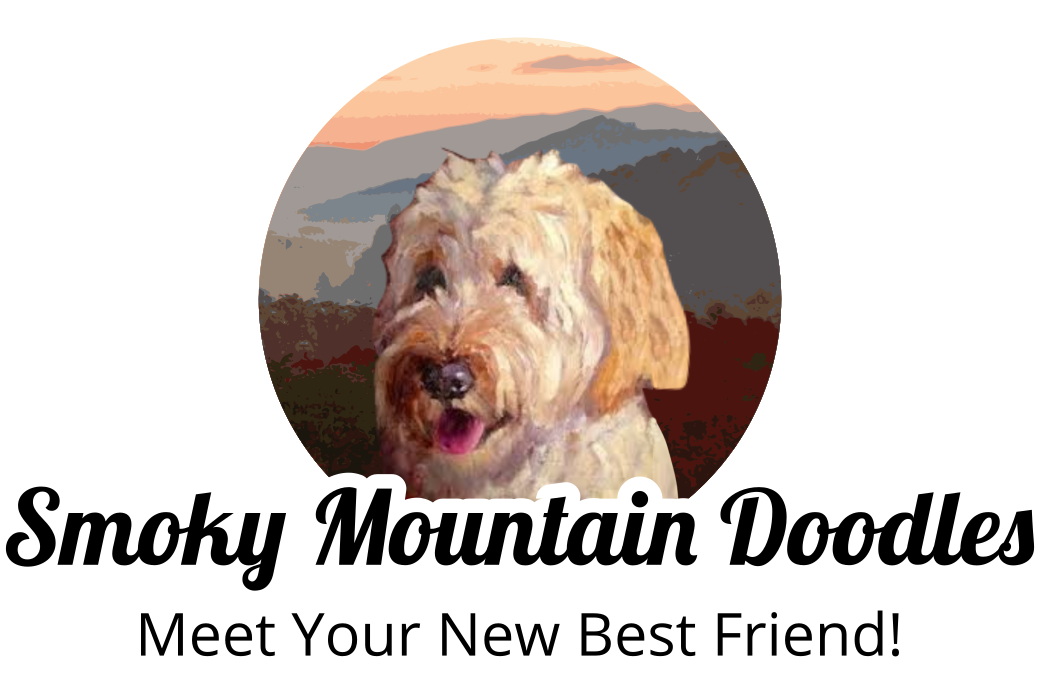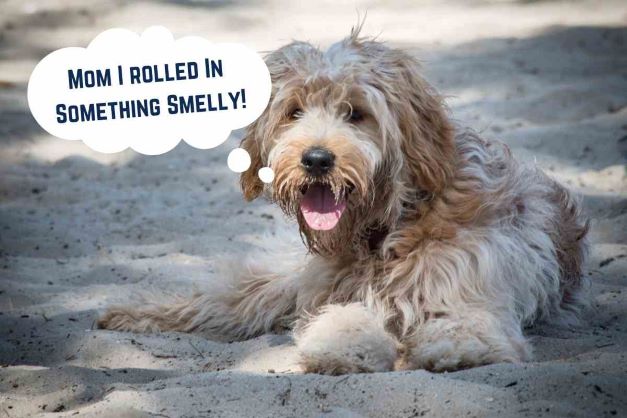Borrowed from Continental Kennel Club
If you’ve owned a dog, you are definitely familiar with this scenario. You’re out walking your dog or playing in the yard when his attention suddenly shifts toward something else. As his head changes direction and his nostrils start to do their thing, you wonder what scent could have triggered his natural canine instincts.
However, as soon as your eyes catch a glimpse of where his nose is leading him, you realize the answer to your question!
Fido trots over, lies down, and rolls around on a stinking, sunbaked corpse of a not-so-freshly flattened frog. Your jaw drops in confusion and disgust, but he can’t stop wagging his tail with glee at the strange new scent he’s captured.
If he’s equipped with 220 million olfactory receptors in his nose, why on earth does he gravitate toward the smelliest things he can find?
Although scientists and dog experts don’t have a concrete explanation for this odd behavior, some have put together a few solid theories that at least pass the smell test.
1. TO MASK HIS SCENT
While this may seem obvious, it’s a strategy can be incredibly useful for dogs and other predator animals. While many creatures can pick up the scent of an approaching dog and flee before he has the opportunity to strike, if a dog can mask his own scent with one of something less threatening, he stands a better chance of sneaking up on his prey.
2. HE HATES HIS SHAMPOO
As bad as rolling can be, it can become downright demoralizing if you just gave your dog a bath. Some experts believe that post-bath rolling isn’t necessarily an act of revenge, but a way for the dog to mask the odors of the shampoo with a different scent.
Remember, even though that dead animal may smell awful to us, the dog’s infinitely more complex smelling abilities may make it seem like nothing compared to the smells we aren’t registering from the shampoo with our puny olfactory receptors.
3. TO SHARE HIS FINDINGS
As descendants of gray wolves, dogs retain some wolf-like characteristics.
Dogs and wolves roll in the uniquely scented objects they come across in nature, and in both cases the behavior is likely linked to their identities as social animals.
As Pat Goodmann, the senior animal curator of the Wolf Park in Indiana, has observed, modern wolves will roll in all manner of oddly odored sources, bringing the new smells back to where the pack is located to share what they’ve found.
Although dogs are in many ways different from modern wolves, when they roll in carcasses or feces, they may be doing so for the same reasons as wolves. Could they be picking up these awful odors to share what they’ve found with us as their pack-mates, or do they do it as a reflex from their genetic past of living with other dogs in packs? The jury is still out when it comes to this theory.?

